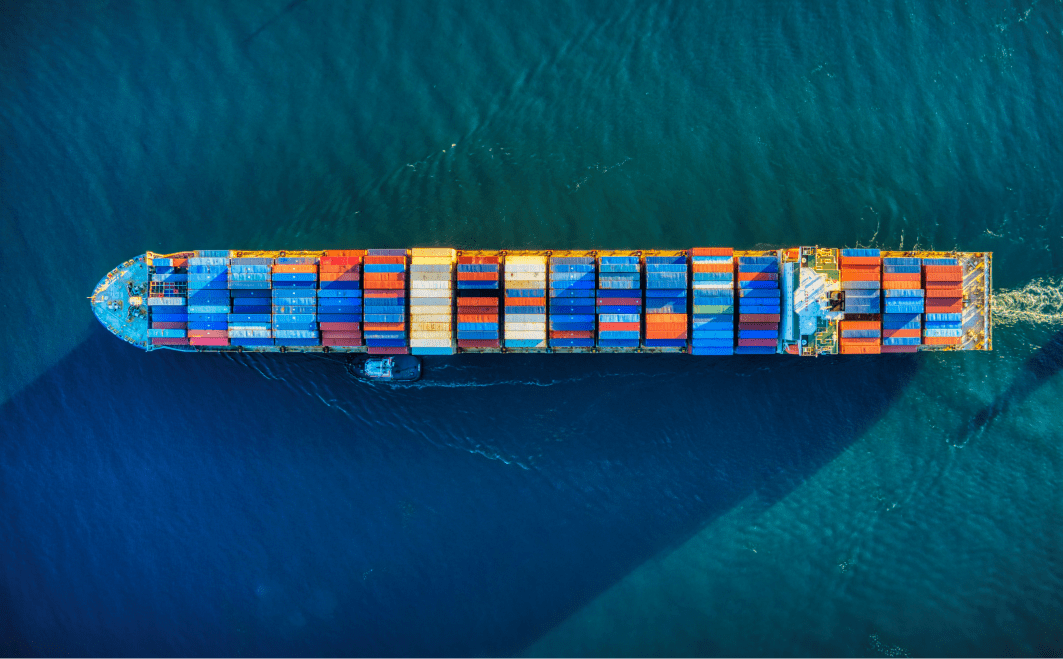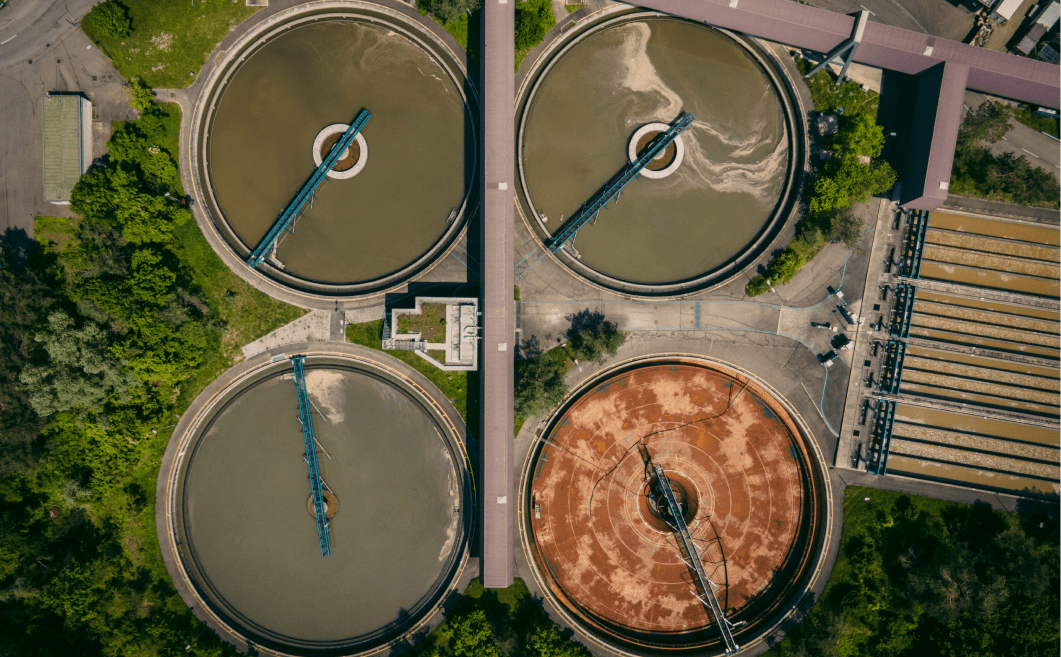Industries Served

Maritime
Shipping transports 90% of global trade and is under increasing pressure to deploy cost-effective solutions for decarbonizing its fleet. The 2023 International Maritime Organization (IMO) revised strategy includes an enhanced ambition to reach net zero GHG emissions from international shipping by 2050, a commitment to ensure an uptake of alternative zero and near-zero GHG fuels by 2030, as well as indicative check-points for 2030 and 2040.
Emvolon addresses all these challenges by providing cost-effective carbon negative fuels to ship owners and operators.

Waste Management
Landfills are responsible for 17% of overall U.S. methane emissions. Under Environmental Protection Agency (EPA) regulations, landfills are obligated to report emissions and are required to collect and flare methane containing gas, due to lack of other solutions, such as grid interconnection and pipeline infrastructure. By converting low-grade, stranded energy resources such as landfill gas, biogas, and waste biomass into valuable chemicals.
Emvolon not only reduces methane emissions but also provides a profitable outlet for these overlooked resources.

Energy
Industrial gas emissions are a significant contributor to climate pollution accounting for more than 10% of total methane emissions. By converting methane emissions into green fuels.
Emvolon enables producers and operators to capture and utilize otherwise wasted gas, conserving finite natural gas resources, while reducing air pollution.

Aviation
Fly Net Zero is the commitment of global airlines to achieve net zero carbon by 2050. Sustainable aviation fuel (SAF) will be required in substantial quantities to decarbonize the aviation sector, and increasing attention is on the role of policy to enable this energy transition.
Emvolon’s technology produces green methanol that can be converted to ASTM certified SAF (methanol to jet) using commercial processes.

Agriculture
Agricultural waste is a major source of methane emissions globally. Intensive modern agriculture practices generate large amounts of waste that exceed the natural capability of the soil to absorb and are thus are difficult to handle and dispose of. For example large amounts of manure can pollute local water sources and large amounts of crop residue are often burned on site creating significant air pollution.
Emvolon’s platform solution can convert methane containing gas to a zero carbon green fuel.